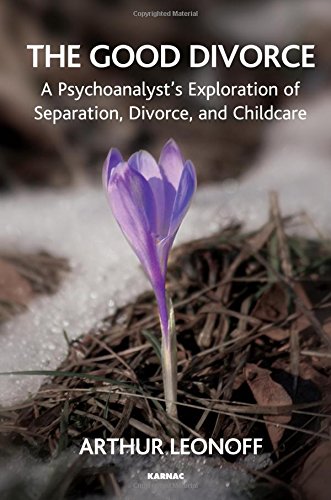Madness Explained: Psychosis and Human Nature

Book Details
- Publisher : Penguin Books
- Published : 2004
- Category :
Psychoanalysis - Catalogue No : 92040
- ISBN 13 : 9780140275407
- ISBN 10 : 0140275401
Also by Richard P. Bentall
Reconstructing schizophrenia:
Price £39.99
Our Customers Average Rating
Read all reviews (1)





This text explains what madness is, showing that it can be understood in psychological terms, and that by studying it we can learn important insights about the normal mind. 'Bentall demystifies psychosis and restores the patient to a proper place with the rest of humankind...he is uniquely qualified to explain this new approach'. From the foreword by Aaron T. Beck.
Customer Reviews
Our customers have given this title an average rating of 4 out of 5 from 1 review(s), add your own review for this title.
Madness Explained: Psychosis and Human Nature on 24/04/2006




 (4 out of 5)
(4 out of 5)
This is a superb review of the field, showing how a sophisticated view of the mind can be built on the basis of empirical research. It shows how such research can challenge and inspire formulations based on clinical experience. It is also a hopeful account, about the continuities between the normal and the psychotic.
The book is very wide-ranging but the chapters are understandable almost on an individual basis and
The English is a pleasure to read.
This reader found it difficult to pigeon-hole Bentall in terms of a specific school. Undoubtedly he takes social psychology, cognitive-behaviourism, biology and parts of the psychoanalytic heritage into account. This isn , however, an arbitrary eclecticism as ideas from different fields are used for inspiration but then weighed as to the evidence available for them. For this reason readers from a psychoanalytic background will be both delighted and frustrated. Aspects of the psychoanalytic heritage such as the Schreber case are dealt with in some detail and Bentalls own theories are substantially inspired by the concept of defense. On the other hand evidence is presented that should make psychodynamic theorists revise fundamental mechanisms that they have long taken for granted, such as the functioning of psychological defense. Bentall rightly refrains from entering into such a discussion.
From a british psychoanalytic point of view the greatest frustration is the lack of discussion of the Kleinian and Independent traditions.
The other criticism that can be made, this time from a medical standpoint, is that the discussion on psychotropic medication is at times too polemical. On the other hand for the medical reader it is also revealing, as psychiatric education contains very scarce descriptions of the psychological effects of drugs - as if they just elevate mood,
educe anxiety or cause sedation. Bentalls review of the field, though not impartial, is inspiring.
The material of the book is now three years old or so, and substantial developments have taken place in some areas (which goes to show the rate of progress of empirical research). However the book remains an excellent review of the psychology of psychosis. It has changed my way of relating to my patients.
You may also like
Containing States of Mind: Exploring Bion's 'Container Model' in Psychoanalytic...
Duncan Cartwright
Price £39.99
The Good Divorce: A Psychoanalyst's Exploration of Separation, Divorce, and...
Arthur Leonoff
Price £35.99
A Psychoanalyst on His Own Couch: A Biography of Vamik Volkan and His...
Ferhat Atik
Price £23.39
save £2.60










